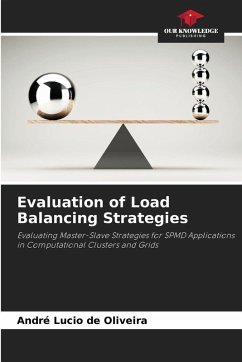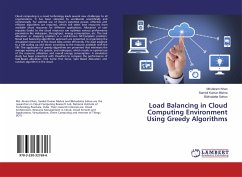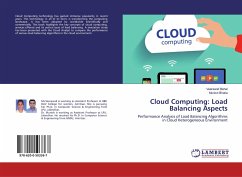The performance of SPMD (Single Program Multiple Data) parallel applications is strongly affected by dynamic load imbalance factors. The use of an appropriate load balancing algorithm is essential to avoid or minimize the undesirable effects caused by these factors. The main objective of this work is to evaluate the performance of some load balancing strategies based mainly on the master-slave approach. Static and dynamic versions of algorithms widely used in the literature were implemented, proposing adaptations and optimizations aimed at improving the performance of parallelized applications. The performance of the algorithms was analyzed based on the execution of two real applications, with different characteristics and in different execution environments. The results obtained and the analyses performed on them show the importance of choosing an appropriate load balancing strategy for a specific scenario for the execution of an SPMD application.
Bitte wählen Sie Ihr Anliegen aus.
Rechnungen
Retourenschein anfordern
Bestellstatus
Storno








